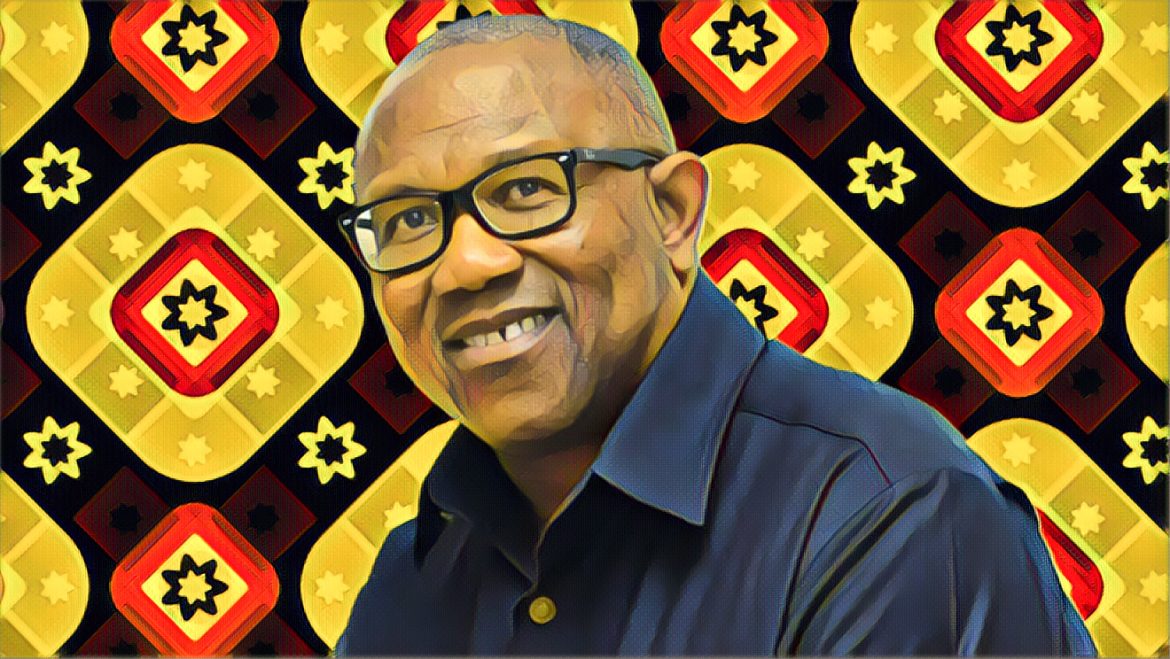In a striking criticism, Peter Obi, the Labour Party’s presidential candidate, has voiced serious concerns about Nigeria’s escalating debt levels. He asserts that the current government is jeopardizing the nation’s economy through rampant borrowing, potentially leading to dire economic consequences.
Obi, in a recent statement, highlighted a staggering 2700% increase in the Central Bank of Nigeria’s lending to the government over the past seven years. He argues that this surge, under the administration of former President Muhammadu Buhari, blatantly violates the CBN Act. Despite this, he notes, the National Assembly recently approved President Bola Tinubu’s request for a N7.3 trillion securitisation of the existing debt, without thorough scrutiny or accountability, ahead of the 2024 budget proposals.
On December 30, 2023, the last working day of the year, President Tinubu requested the National Assembly’s approval to securitize N7.3 trillion owed to the CBN. Obi criticized the lack of questioning or detailed explanation regarding these borrowings, which have occurred within just seven months of the current administration.
According to a report by The Sun, Obi further highlighted that the continuous securitization of borrowing from the CBN is not only against the CBN Act but also raises significant public accountability concerns. The Act limits the Federal Government’s borrowing from the CBN to 5% of the previous year’s revenue and requires liquidation of outstanding borrowing before any new advancements. He warned that converting illegal borrowings into national debt is a dangerous precedent for Nigeria’s economic future.
The former Anambra governor expressed alarm at the lack of transparency and productive use of the accumulated debts. He questioned the rationale behind the N7.3 trillion borrowing, approved hastily by the National Assembly, and demanded accountability from the Federal Government regarding its usage.
Emphasizing the disturbing pattern of heavy borrowing and imprudent spending, Obi warned of the economic risks if this trend continues. He noted that the government’s claims of ‘capital’ projects are often misleading, pointing out that many items in the 2024 budget are more akin to luxury procurements than essential expenditures. Obi called for an immediate halt to this unsustainable trend, urging the nation to focus on rational economic management.
In conclusion, Obi’s critique sheds light on the potential economic challenges Nigeria faces due to its increasing debt burden. His call for greater transparency and responsible economic policies resonates with many Nigerians concerned about the country’s financial future.


